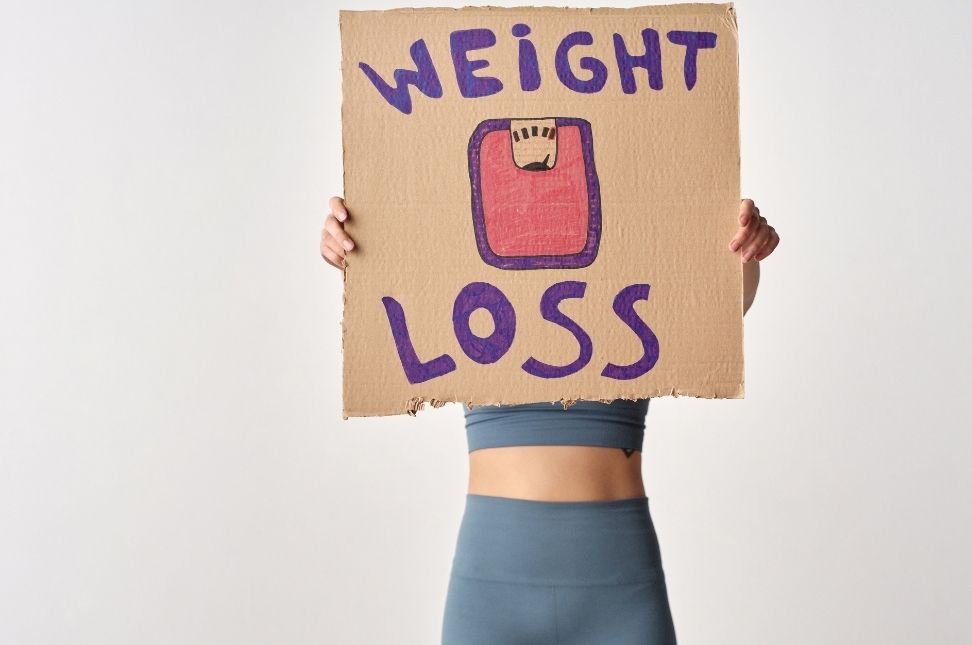In the world of weight loss, myths and misconceptions abound. These myths often lead people down the wrong path, making their weight loss journey more challenging than it needs to be. To achieve successful and sustainable weight loss, it’s essential to separate fact from fiction. In this article, we’ll debunk some of the most common weight loss myths.
Myth 1: Crash Diets Are Effective
Crash diets, which involve severely restricting calorie intake for a short period, may lead to rapid initial weight loss. However, they are not effective in the long run. These diets often result in muscle loss and nutrient deficiencies and can lead to a rebound effect where you gain back the weight lost and more once you resume normal eating habits.
Myth 2: Carbs Make You Gain Weight
Carbohydrates alone do not make you gain weight. It’s the excessive consumption of calories, regardless of the nutrient source, that leads to weight gain. In fact, complex carbohydrates like whole grains, fruits, and vegetables provide essential nutrients and can be part of a healthy diet.
Myth 3: Skipping Meals Helps You Lose Weight
Skipping meals can lead to overeating later in the day, as hunger builds up. It can also slow down your metabolism and make it more challenging to control portion sizes. Eating regular, balanced meals and snacks can help maintain stable blood sugar levels and support weight management.
Myth 4: All Calories Are Created Equal
While calorie intake is a crucial factor in weight management, not all calories are the same. The source of calories matters. For example, 100 calories from vegetables will have a different impact on your body than 100 calories from sugary snacks. Nutrient density and the quality of the calories you consume are vital considerations.
Myth 5: You Need to Cut Out Fat Completely
Fat is an essential nutrient that your body needs for various functions. Cutting out all fat from your diet is unnecessary and can be detrimental to your health. Instead, focus on incorporating healthy fats like those found in avocados, nuts, and olive oil while moderating saturated and trans fats.
Myth 6: You Can Spot Reduce Fat
Many people believe that doing specific exercises or targeting certain areas of the body will lead to spot reduction of fat. Unfortunately, this is not how the body works. Fat loss occurs systematically across the body, not just in one specific area. To lose fat in a particular area, you must focus on overall fat loss through a combination of diet and exercise.
Myth 7: Supplements Are the Key to Weight Loss
There is no magic pill for weight loss. While some supplements may aid in weight management when combined with a healthy diet and exercise, they are not a substitute for a balanced lifestyle. Always consult with a healthcare professional before taking any weight loss supplements.
Myth 8: You Can’t Lose Weight as You Age
While metabolism tends to slow down with age, it’s still possible to lose weight and maintain a healthy weight as you get older. The key is adjusting your calorie intake and staying physically active to accommodate changes in metabolism.
Myth 9: Weight Loss Should Be Fast
Quick-fix diets and rapid weight loss may provide temporary results, but they are typically not sustainable. Healthy and lasting weight loss is gradual and involves making lifestyle changes that you can maintain over time.
Myth 10: You Can’t Enjoy Food While Losing Weight
Weight loss does not mean depriving yourself of enjoyable foods. It’s about making balanced choices and practicing portion control. You can still savor your favorite foods in moderation while achieving your weight loss goals.
In conclusion, debunking these common weight loss myths is essential for adopting a realistic and sustainable approach to weight management. It’s crucial to base your weight loss journey on evidence-based principles, focusing on a balanced diet, regular physical activity, and a healthy mindset to achieve lasting success.




